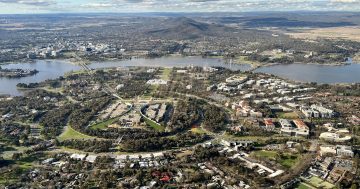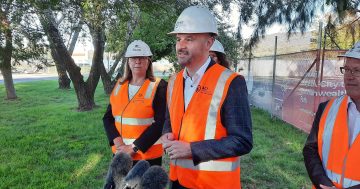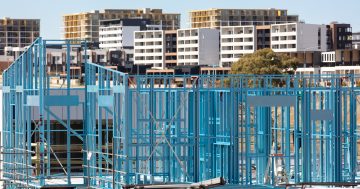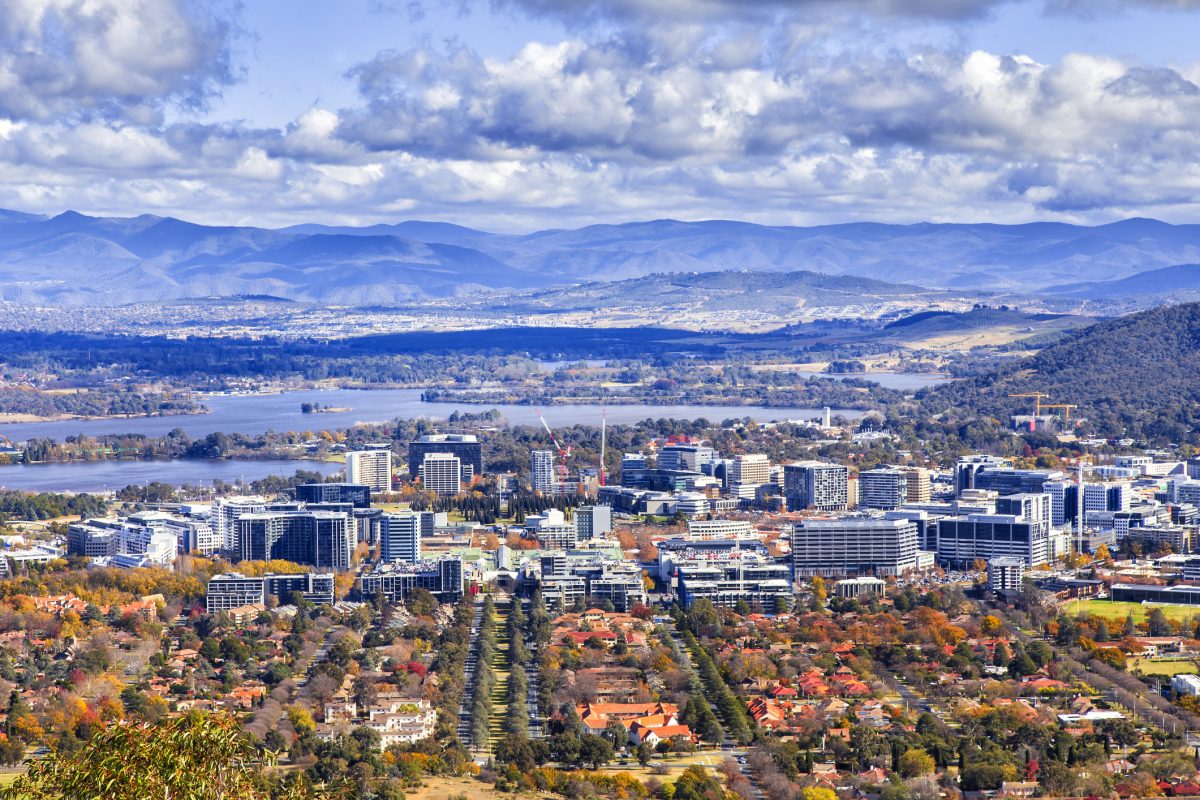
The ACT was the best-performing jurisdiction in terms of retail spending, overtaking Victoria. Photo: File.
The ACT has been ranked the overall second-worst economy in Australia in the latest CommSec State of the States report, but the Territory topped the charts in terms of retail trade.
The ACT took the seventh position for the second quarter running, down from second place a year ago. In terms of economic growth, the ACT ranked sixth out of eight.
CommSec Chief Economist Craig James said this wasn’t so much a matter of the ACT’s economy deteriorating but more that other states and territories had improved. He noted that it was fairly common for the rankings to “move around the place from quarter to quarter”.
“Other states have been moving up, getting close to the ACT’s performance,” he told Region.
“It’s not to say the ACT has been underperforming in a big way, the economy is still good, but we are seeing other states lifting up the mantle.”
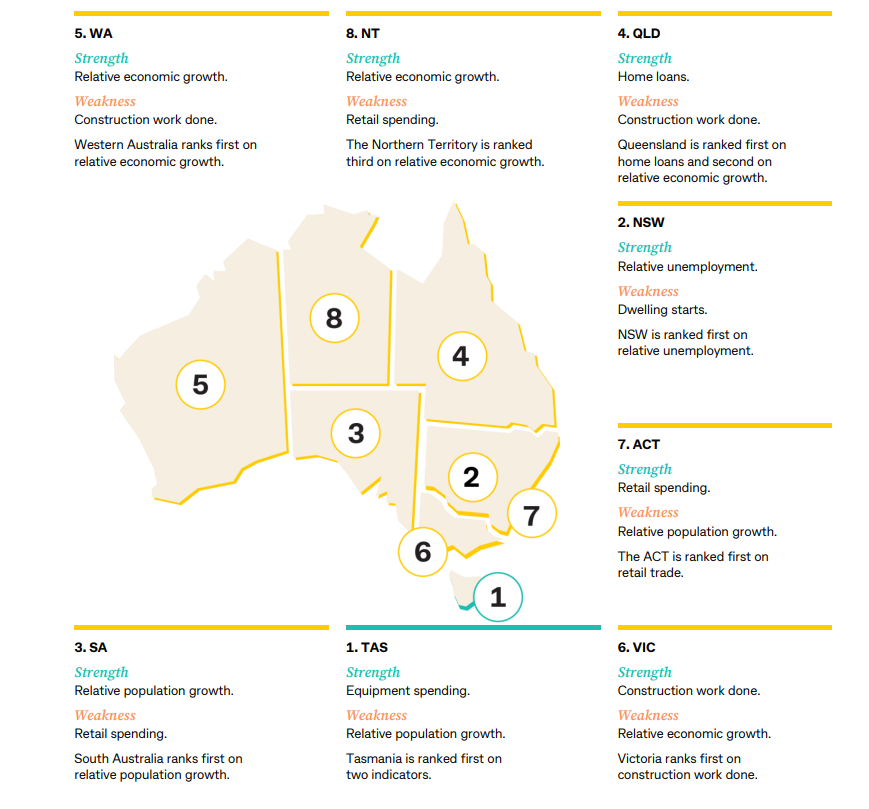
The ACT ranked seventh out of eight economies for the second quarter running. Graphics: CommSec.
He added that, being smaller open economies, the NT and ACT could be prone to some fluctuation.
However, Mr James noted that the ACT had a relatively low rate of unemployment and had done for quite some time.
“This provides the potential for spending, and indeed the ACT is number one in the nation.”
Despite this, he said the Territory’s main weaknesses were business investment and population growth. According to the most recent ABS figures, the ACT’s annual population growth has fallen 6 per cent from the decade average. In comparison, Western Australia’s annual population growth rate is up 60.7 per cent from the 10-year average and NSW’s is up 50.7 per cent.
“There’s not the same degree of people coming to Canberra and the ACT, and this can have multiple effects across the economy,” he said.
The jurisdictions were ranked on eight indicators: economic growth, retail spending, equipment investment, employment growth, construction work, population growth and housing finance.
In terms of overall economic performance, the ACT placed seventh in the country, ahead of the Northern Territory. Tasmania remained the leader, ranking first on two of the eight economic indicators. NSW came second, followed by South Australia, Queensland, Western Australia and Victoria.
The ACT was the best-performing jurisdiction for real retail trade, overtaking Victoria and jumping from fourth to first position.
While interest rate hikes and cost of living pressures have caused many households to cut their retail spending, real spending in the ACT was up 15.3 per cent from the decade average as of March 2023, and the Territory has the fastest annual growth of real retail trade of any jurisdiction in Australia.
According to the most recent CommSec data from May 2023, annual spending growth was fastest in the ACT, up 8.9 per cent, considerably ahead of South Australia (6.5 per cent) and Western Australia (5.7 per cent).
“A solid job market, rising wages, strong construction and renovation activity continued to support retail spending in the March quarter. Spending has softened though in response to weak consumer sentiment, cost of living pressures and higher interest rates,” the report said.
And in terms of annual growth of real retail trade, the ACT is the strongest at 2.7 per cent, ahead of South Australia (1.7 per cent) and Western Australia (0.9 per cent).
Looking ahead, Mr James said it was likely that the ACT would remain in its current low position in the economic growth rankings, while there was strong momentum in other areas like NSW and Queensland.
“The sense is in terms of the growth rates [the ACT] will maintain its current ranking, barring any other changes,” he said.
Mr James pointed out that the reason the ACT had fallen from second to seventh place within a year was largely due to the removal of COVID-19 relief, which had to some extent supported the Territory’s economy.
However, he noted that there were some opportunities within the ACT that could help drive growth.
“The Territory has a lot of control over land production, this might provide an opportunity for growth,” he said.
Mr James also cited the growing number of migrants coming to Australia as a potential positive.
“Given the number of migrants trying to find positions, this does offer an opportunity for states and territories across the nation to try and get more workers into its economic domain.”














